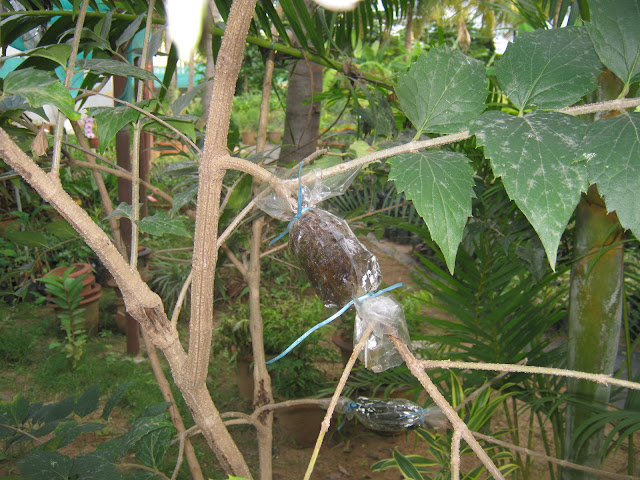Cultivation of Organic Cotton in Africa with Integrated Pest Management (IPM) and Natural Resources

Organic cotton cultivation in Africa has gained momentum due to its sustainable practices and the growing demand for eco-friendly products. A key approach to successful o rganic cotton farming involves the use of Integrated Pest Management (IPM) and the optimal utilization of natural resources. Integrated Pest Management (IPM) in Organic Cotton Farming IPM is a holistic approach to pest control that minimizes the use of synthetic chemicals and emphasizes natural and preventive methods. The main components of IPM in organic cotton farming in Africa include: Biological Control : Utilizing natural predators such as beneficial insects and birds to keep pest populations in check. For instance, ladybugs and parasitic wasps can help control aphid populations, while birds can prey on caterpillars and other pests. Cultural Practices : Implementing crop rotation, intercropping, and the use of trap crops. Crop rotation helps in breaking the life cycle of pests, reducing their populations over ti...





